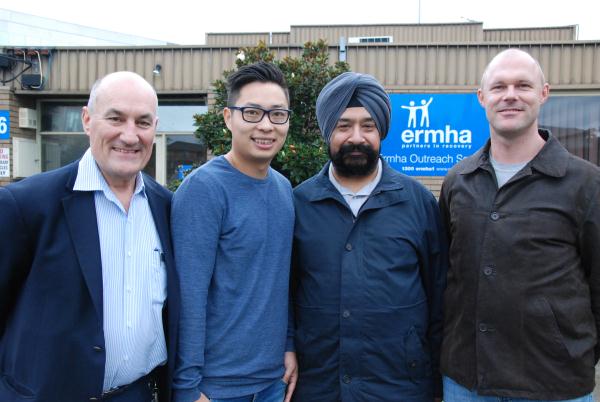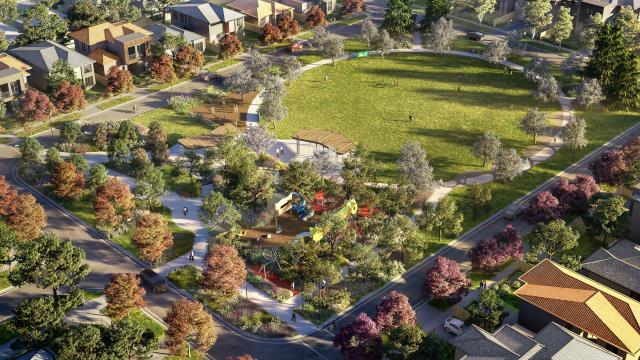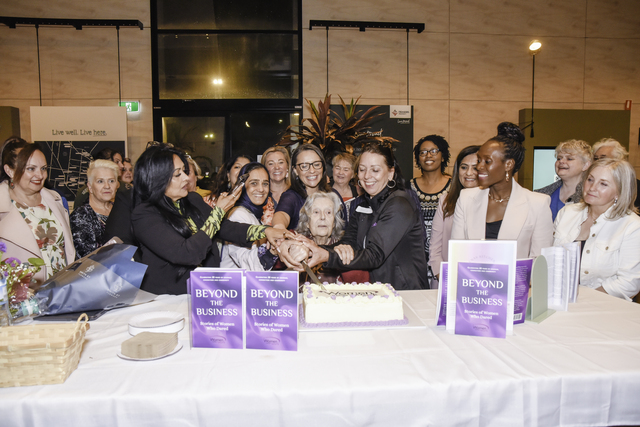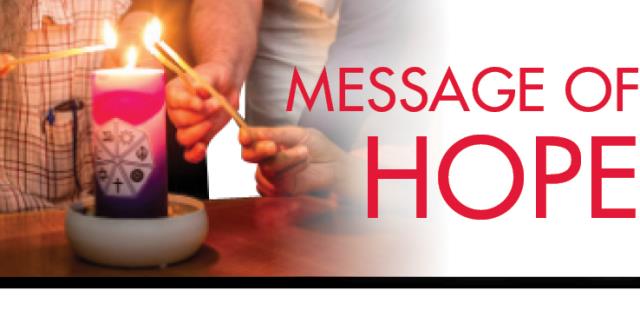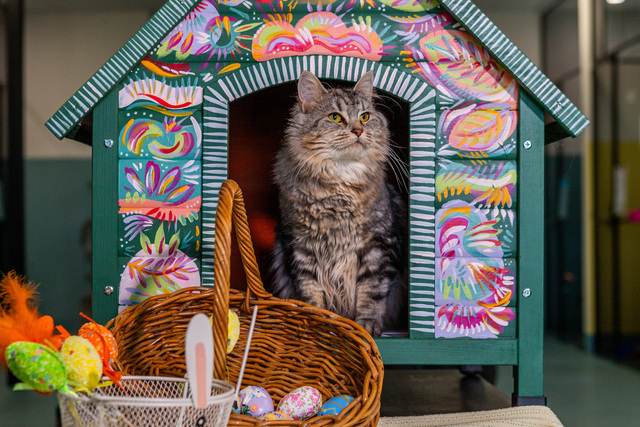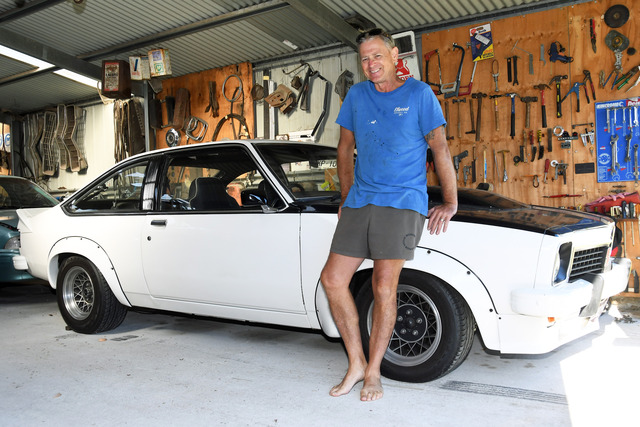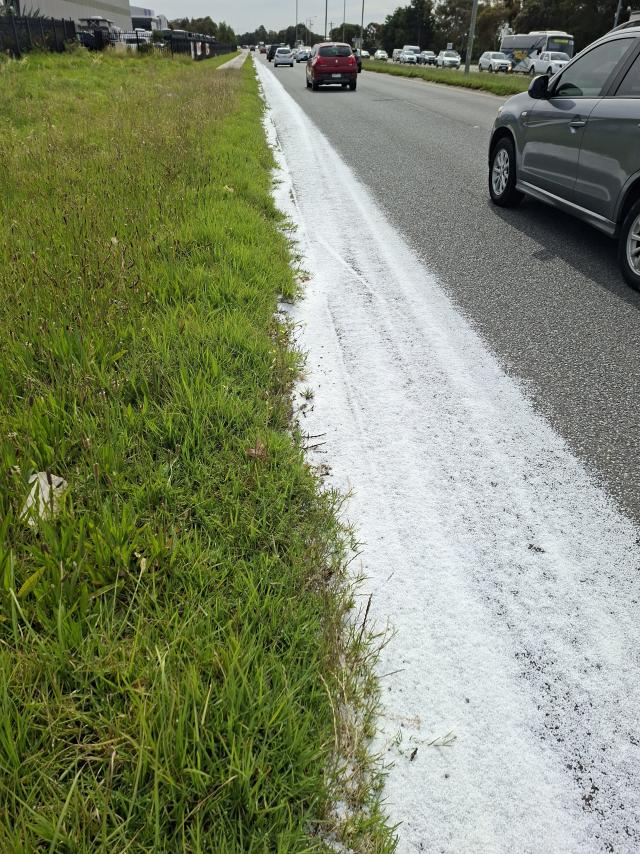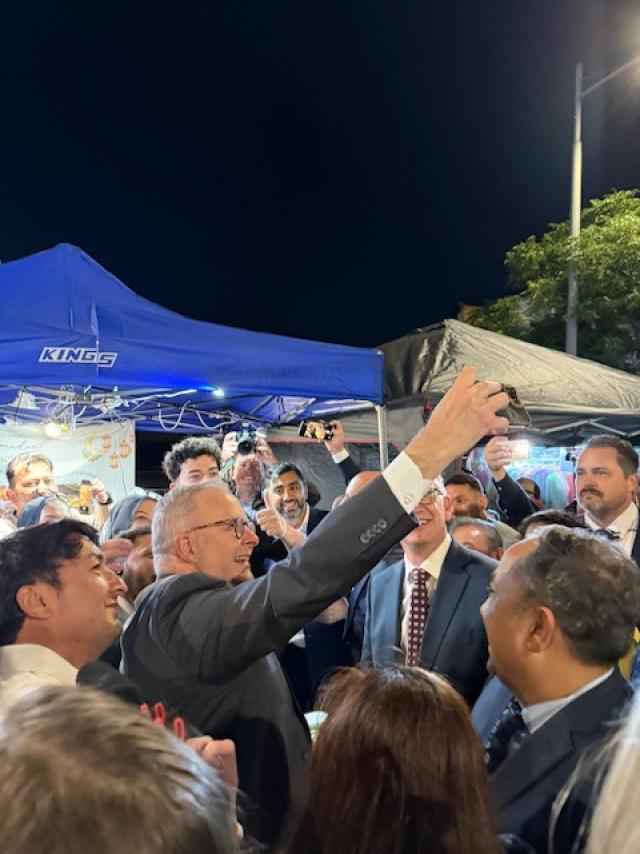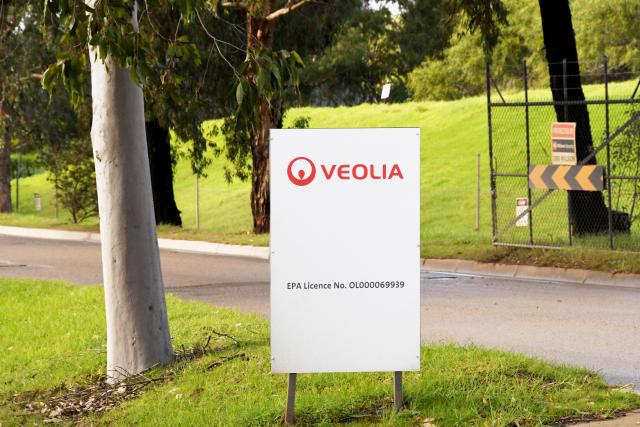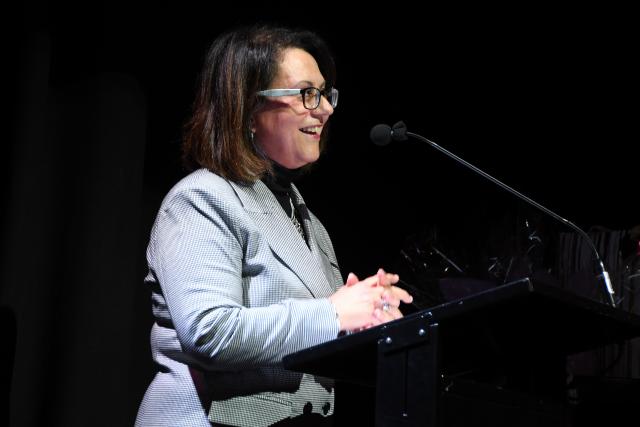By CASEY NEILL
ORIGINS is helping severely mentally ill new arrivals in the Dandenong area to heal and find their place in the community.
The program is a partnership between St John of God Healthcare’s Dandenong alcohol, drug and mental health clinic Pinelodge, and community-based organisation Ermha, which supports recovery and instils hope for people experiencing the effects of mental illness.
Pinelodge CEO and nursing director Graham Cadd said St John of God, a not for profit organisation, came into the Dandenong community nine years ago.
“As part of our community engagement, which is required in a taxation status, we have to put whatever we earn back into community projects for the benefit of the community,” he said.
They completed a community needs analysis, including interviewing local agencies.
“We had our own ideas of what we thought were the major problems, and we wanted to do something that stood alongside the type of work we were doing in the hospital, which was mental health and drug and alcohol,” he said.
“We spoke to the people at Ermha and listened to their concerns about this group that they couldn’t reach.
“Their funds couldn’t stretch there, they kept dropping out of mainstream services.
“We were very impressed by their engagement at a community level with these people, and the level of desperation that they had to reach a particularly vulnerable group of people.”
This group consisted of culturally and linguistically diverse (CALD) community members. Together they established Origins in 2008 to reach them.
Origins support worker Mohinder Saggoo said the program helped those with diagnosed and suspected mental illness.
“It’s about getting them diagnosed to get treatment,” he said.
He said many were not aware of services in the community to support them.
“These days we are working with people from 12 countries,” he said.
Mr Saggoo said post-traumatic stress disorder (PTSD) was very common among the majority of the Origins clients, as was depression and anxiety.
“They feel so isolated,” he said.
“If they get treatment they can improve their life.”
Origins support worker Paulo Cardoso said the program worked on a psycho-social rehabilitation model which was all about promoting independence for the individuals.
“We work with them on their mental health issues on top of practical and emotional support, linkages to psychiatrists through St John of God or Asylum Seeker and Refugee Health Clinic and other services,” he said.
“They set up goals that they would like to work on and we don’t do it for them – we work alongside them in achieving that goal, whatever it might be.
“It might be that they’re isolated because they’ve got a bad back, and how can we come in to support them and help them by getting them out of the house.”
He said family, carers and community members were also involved.
Origins manager Peter Veltman said three and a half staff worked with about 20 people in need at any one time, and between 40 and 55 each year.
He said some needed help for as little as three months to get back on track, while others needed support for two years.
Origins also has connections with a range of different service providers.
“Others might move onto a different program,” Mr Veltman said.
Mr Cadd said getting help for a mental illness was only a small portion of the real problem.
“Someone is depressed, agitated, lost, they go to the mental health service – they’ll get a short, brief intervention,” he said.
“None of the wider and more systemic problems are addressed because people aren’t aware of them, aren’t sensitive to them, or don’t have the resources to address them.”
He recalled one woman who came to Origins, struggling under the weight of holding her family together. But much of her emotional well-being issues related to her bad back.
“She needed a bed. We got the money together to buy her a bed,” he said.
“That’s improved her quality of life immensely.
“She can function within her family.
“We’ve got people in a very difficult set of circumstances – newly-arrived, poorly supported, poorly accommodated, poor incomes, limited support, language barriers, cultural barriers – so they get stressed, depressed, apathetic.”
He said addressing these mental health issues had wider benefits.
“If this woman with the bad back couldn’t function, you’d have more kids on welfare,” he said.
“There is the potential to have really significant, ongoing social problems from not getting this right.”
Mr Cadd said they’d had independent program evaluations completed, “just to find out if it was helping people”.
“We’re pretty convinced that it is,” he said.
“There’s a lot more that we can do in that space but everybody’s so unbelievably busy because of the need in the community.
“Some days you just get through the day and the week doing the job you have to do without being able to expand. It’s tight.”
Mr Cadd said Origins strived to get people able to stand on their own two feet.
“The second part of it is interdependence. We have to help people develop healthy relationships in the community to support and sustain them in the community,” he said.
“Those two things must go hand in hand.”

